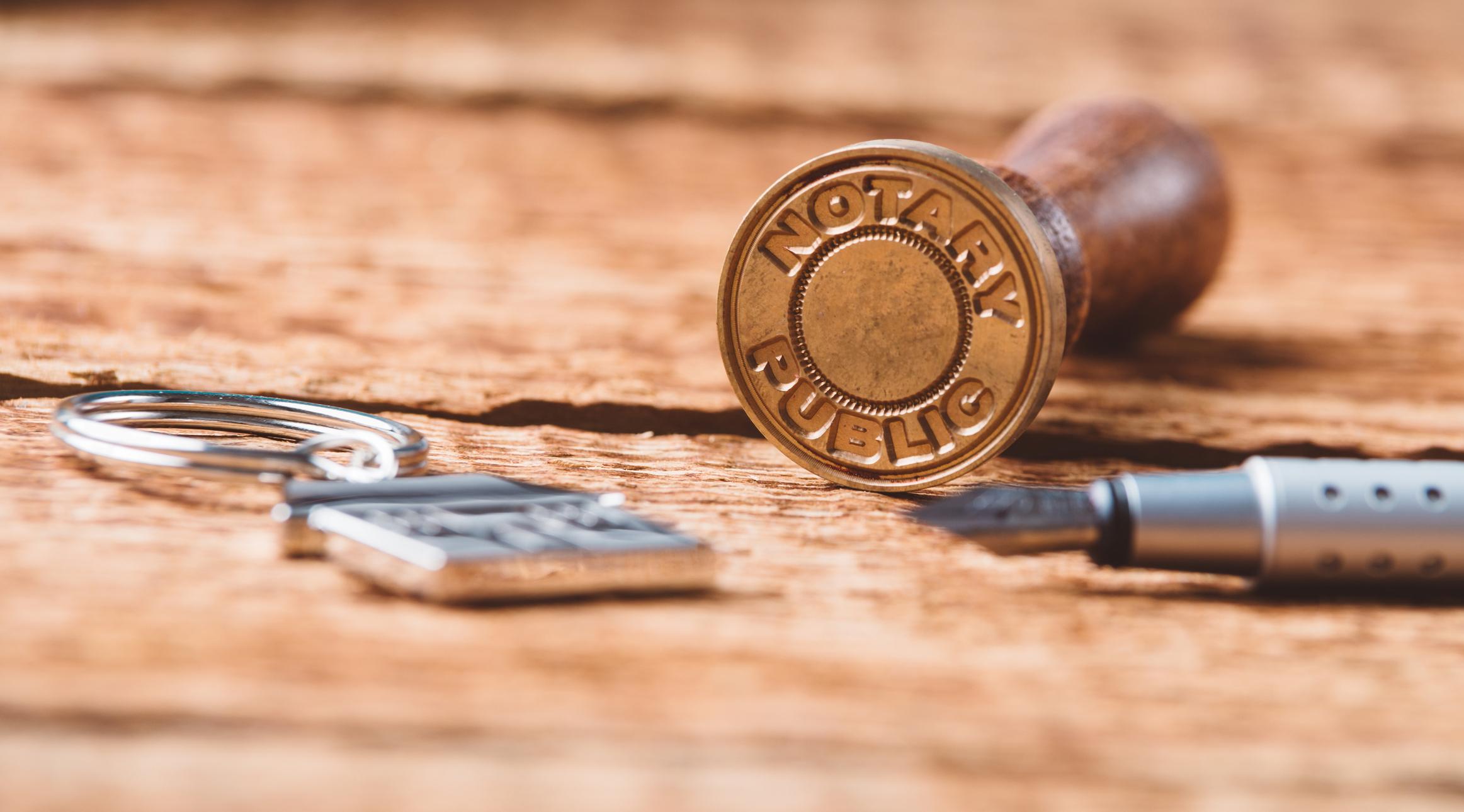Debunking Notarial Work: Simplifying the Function and Significance of Notaries
In the complex internet of lawful documents and verification, notaries stand as pillars of guarantee and authenticity. Their role, frequently shrouded in mystery for numerous, brings significant weight in ensuring the legitimacy and integrity of critical papers. As guardians of validity and fact, notaries play an essential component in our culture, yet their job is not always completely understood. By unwinding the complexities shedding and surrounding notarial practices light on the value of their acts, a clearer understanding arises of the vital function notaries play in upholding the textile of lawful and legal agreements.
The Background of Notarial Job
Just how did notarial work advance over time to come to be an important part of lawful and company purchases? The background of notarial work dates back to old worlds, where scribes played a crucial role in recording vital information and confirming records. As societies advanced, the demand for a more formalized system to ensure the credibility of contracts emerged. This led to the development of notaries, people appointed by the state to function as neutral witnesses in lawful matters.
Throughout the Middle Ages, notaries gained prominence in Europe, with their functions broadening to include composing lawful records, licensing trademarks, and preserving documents. The surge of global profession even more stressed the importance of notarial operate in confirming contracts and arrangements across borders.
In the contemporary period, notaries remain to play an important duty in legal and service deals by validating identifications, verifying the credibility of documents, and protecting against fraudulence. Their function in certifying the credibility of arrangements adds a layer of protection and trust to the ever-evolving landscape of commerce and law.

Tasks and Responsibilities of Notaries
Notaries play an essential function in validating the credibility of documents and the identification of signatures. One of their key obligations is to witness the finalizing of important records, such as actions, wills, and agreements, to guarantee that all celebrations are getting in into agreements knowingly and willingly.
Additionally, notaries are charged with providing vows and affirmations, which are crucial in legal process and the execution of testimonies. They certify duplicates of original records, offering guarantee to establishments that the duplicates are real reproductions of the originals. Notaries have to preserve accurate records of all deals they oversee to make sure transparency and accountability. In general, the responsibilities and obligations of notaries are crucial in protecting the stability and legitimacy of numerous papers and deals.
Notarial Certificates and Signatures
Exemplifying precise attention to detail, notarial certifications and signatures work as vital elements in validating the authenticity of legal papers. Notarial certificates normally consist of essential details such as the date of notarization, the names of the signatures, a description of the paper, and the notary's main seal. These certifications offer a clear record of the notarial act, making sure that the record can be quickly recognized and traced back to the notary who supervised the procedure.
Trademarks play a pivotal role in notarial job, as they indicate the contract and approval of the events entailed. Notaries carefully witness the signing of papers to verify the identification of the notaries and verify that they are signing of their very own free choice. By attaching their main seal and signature to the file, notaries accredit that the essential procedures have been followed and that the document is valid and enforceable.
In significance, notarial certificates and trademarks are the characteristic of authenticity in lawful deals, giving guarantee to all events involved that the papers are legitimate and binding.
Importance of Notarial Acts

Notarization Process Explained
Clarifying the notarization process gives clarity on the vital actions associated with verifying lawful records. The notarization process typically starts with the private presenting the paper to a notary public. The notary then validates the endorser's identity through acceptable identification methods. Once the identification is verified, the notary guarantees that the private signing the file does so willingly and without any type of browbeating.

Verdict

Notarial certifications typically include critical details such as the date of registration, the names of the notaries, a description of the file, and the notary's official seal. These certifications offer a clear record of the notarial act, making sure that the document can be quickly recognized and mapped click to investigate back to the notary who managed the procedure.
By affixing their main seal and trademark to the paper, notaries accredit that the required treatments have been complied with and that the record is enforceable and legitimate.
By confirming the identification of the notaries, verifying their willingness to get in right into the arrangement, and accrediting the date and place of the signing, notaries play an essential function in promoting the validity of legal files.After the record is signed, the notary will affix their main seal or stamp onto the paper.